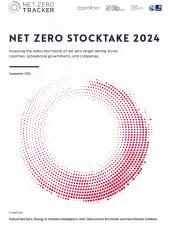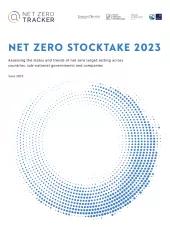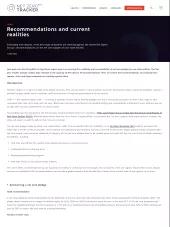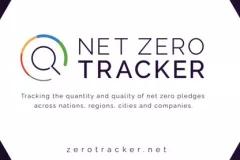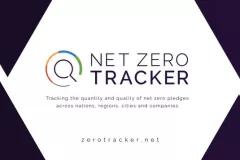Net zero remains essential for halting human-caused climate change, yet it has entered a more contested phase. Despite political pushback, the global trend continues: more than 1,900 entities now have net-zero targets , with standards tightening in the lead-up to COP30.
The 2025 Stocktake report from the Net Zero Tracker assesses target-setting across the-economy, examining whether national, subnational and corporate strategies include credible components such as interim goals and robust plans. This year’s edition also explores how net-zero targets relate to the climate–nature nexus.
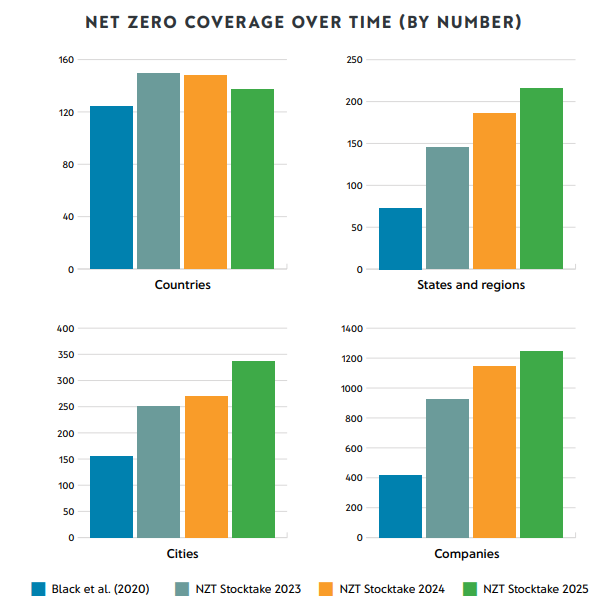
Key findings:
Target-setting is still rising despite political headwinds. As of September 2025, at least 1,935 of the 4083 entities tracked in the Net Zero Tracker database have net- zero targets. While the pace of target-setting has slowed, commitments increased across all groups except for countries compared with last year.
- Countries: While the US has stepped back, others are holding firm. 137 of 198 national governments (incl. EU and Taiwan) have net-zero targets. Coverage dipped compared with 2024 largely because the US formally abandoned its target; nonetheless, 67% of remaining targets are in law or formal policy.
- Companies: Of the 1,987 publicly listed companies we track, 63% have targets, covering $36.6 trillion of annual revenue — 70% of the total Global Forbes 2000 revenue. The absolute number of US-headquartered companies with net-zero targets grew from 279 to 304. In Japan and the UK, coverage is near-universal. Target-setting continues to grow in Asia, notably in China, India, Japan, South Korea, Taiwan and Thailand.
- Subnationals: Ambition among the subnational states and regions we track is expanding, but unevenly. Regional targets now cover 2.55 billion people, a fivefold increase since 2020, reaching 62% of the G7 and 55% of the G20.
- Target-setting gaps: Among corporates, more than 400 of the world’s largest publicly listed companies remain without any mitigation targets, concentrated in the US (30%) and China (42%). More than half of the 100 private companies we track still do not have a net-zero target.
- Target integrity: The number of entities with net-zero targets that meet minimum integrity requirements remains limited. Companies have shown a marginal improvement in the robustness of their targets. The overall credibility of targets remains inadequate with just 7% of companies, 6.5% of regions and 4% of cities meeting robustness criteria.
- Nature and companies: Many companies are turning to nature-based solutions, but transparency and integrity remain limited. For example, more than a quarter plan to use removals, yet only 4% have set dedicated removal targets, raising concerns about the transparency of their emission reduction measures.
- Quality and permanence challenges: Other challenges for companies in terms of nature-based solutions include low quality carbon or biodiversity credits, sustainability issues of bioenergy and permanence issues of carbon removals.




